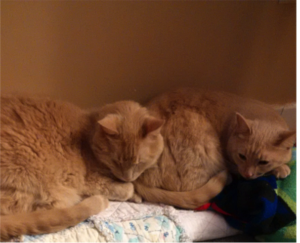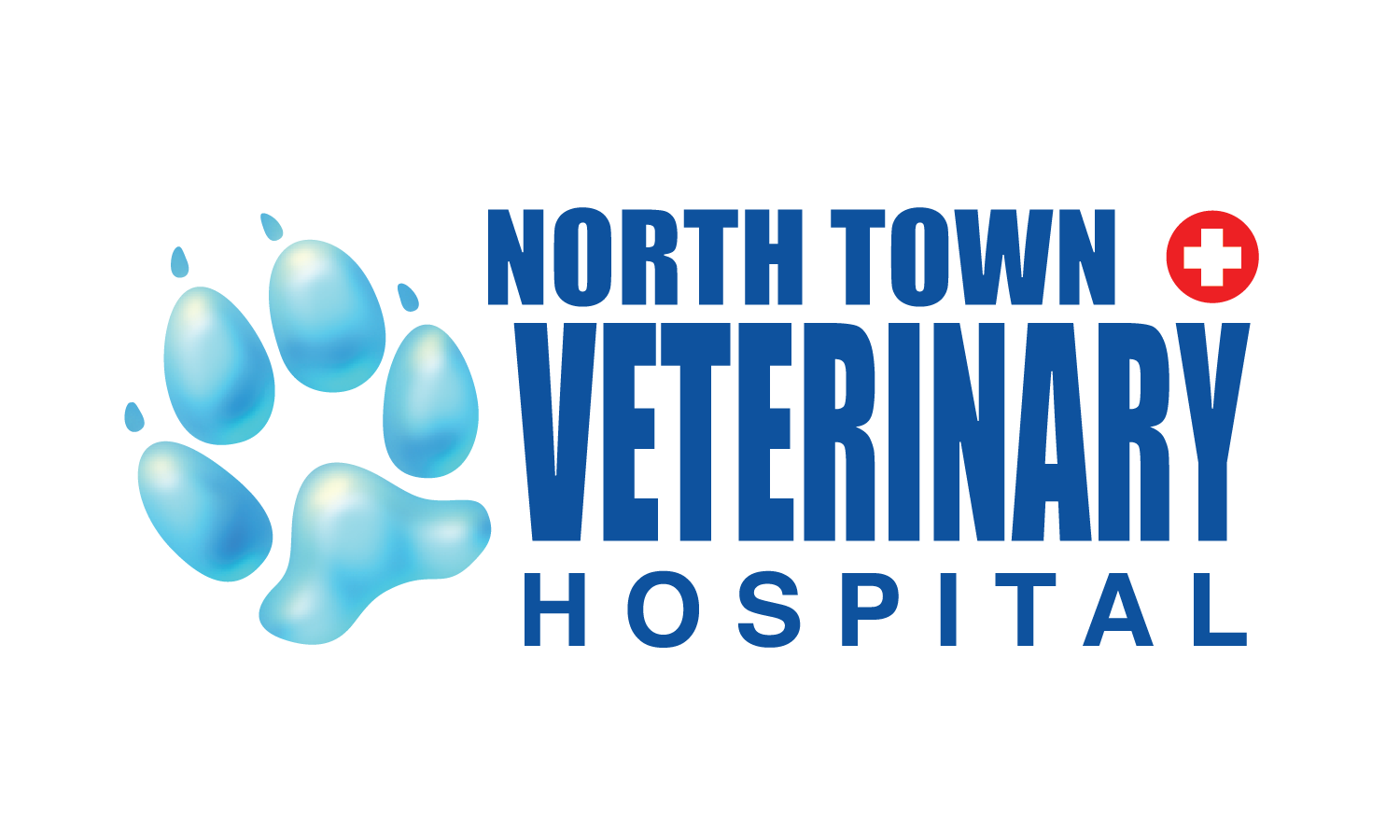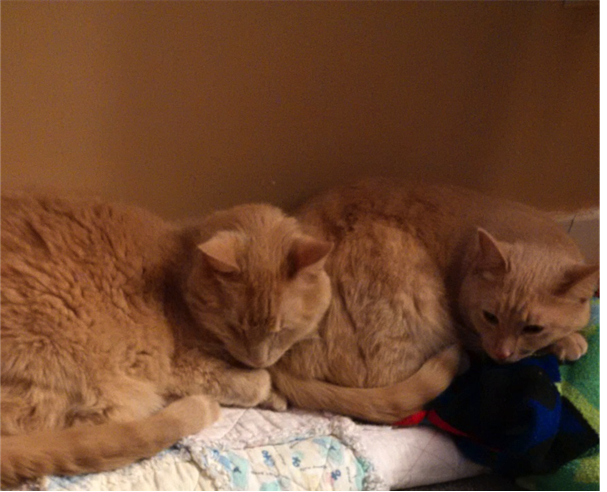There is no one specific age that classifies a cat as a senior. Like humans, some cats age faster than others. There are 3 categories for older cats:
- Mature or Middle aged: 7-10 years (44-56 years for humans)
- Senior: 11/14 years (60-72 years for humans)
- Geriatric: 15+ years (76+ years for humans)
With good home and veterinary care from North Town Veterinary Hospital, many cats can live into their late teens/early twenties. Some of the common changes associated with aging include:
- Altered sleep-wake cycle
- Changes in vision
- Appearance of brown spots in the iris
- Brittle nails
- Loose, less-elastic skin
- Changes in behavior
- Changes in mobility
Senior Cat Wellness visit should include:
Weight and body condition, Skin and coat quality, Mouth/gums/teeth, Eyes and ears, Thyroid glands, Heart and lungs, Abdomen, Joints and muscles, Blood and urine testing, diet.
Common Diseases In Senior Cats
Chronic Kidney disease: Signs may include mild changes in behavior, change in drinking frequency, excessive thirst, larger volume of urine, constipation, decreased appetite, and decrease in muscle or weight loss, poor hair coat.
Diabetes: Signs may include excessive hunger, excessive thirst, and excessive urination.
Thyroid Disease: Signs may include weight loss, diarrhea, vomiting, changes in behavior, increase/decrease in appetite, excessive thirst, High blood pressure, heart murmur and thyroid lumps.
Hypertension: There are usually no noticeable signs of high blood pressure, but it can cause damage to the eyes, heart, brain and kidneys
Gastrointestinal conditions: Signs may include diarrhea, vomiting, decreased appetite and weight loss.
Cancer: Signs may include weight loss, loss of appetite, difficulty swallowing, lethargy, abnormal swelling, sores that do not heal, bleeding or discharge and difficulty breathing.
Arthritis: Signs may include not wanting to jump up on the bed, having difficulty with going up and down stairs, stiff after resting for long periods of time.
Cats are the masters of hiding disease and may appear well despite underlying problems.
Some owners think that unlike the dog, cats do not need to visit the veterinarian on an ongoing basis, outside of annual vaccines. This couldn’t be further from the truth. In fact by bringing your cats in for regular visits to North Town Veterinary Hospital, illness can be diagnosed early and age-related health conditions can be delayed or managed.
Here is a photo of a couple of my fur babies: Ripples 16 yrs. with DJ 2 yrs.





